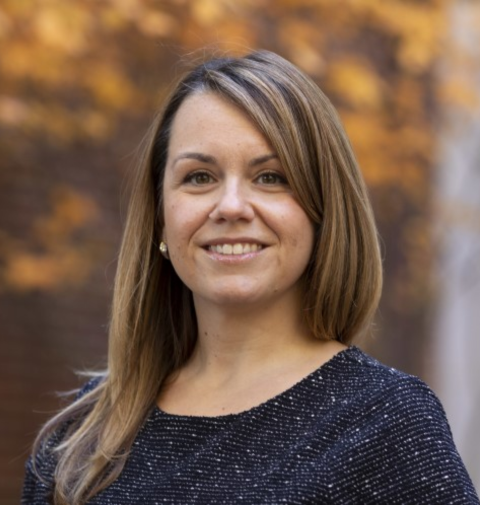The SPIA Undergraduate Research Colloquium (URC) will be held on Friday, April 19th, 2024 from 9:00am to 4:00pm. This event brings together faculty and students from across SPIA to celebrate the accomplishments of our students and the faculty that facilitate their research.
Students may submit research projects completed or currently in progress, as part of course work, CURO, internships, or independent research. We invite paper and poster presentation submissions on research drawing from all academic concentrations within SPIA including American Politics, International Relations, Comparative Politics, Political Theory, Criminal Justice, and Public Administration.
More information regarding the URC can be found below. Please send all questions to [email protected].
Schedule of Panel Presentations & Poster Sessions
See here for the 2024 SPIA Undergraduate Colloquium program: 2024 URC(updated) .docx
Venue Information
The 2024 SPIA Undergraduate Research Colloquium will take place at the Richard B. Russell Library for Political Research and Studies on April 19th, 2024 with a live streaming option available for audience members. If you are interested in being able to watch the panel sessions via live stream, please register prior to the event.
Information for visitors:
Parking for the Russell Special Collections Library can be found in the Hull Street and the Tate Center parking decks.
If you are looking for places to eat while you are in Athens:
Downtown Athens is about an 11 minute walk or a 5 minute drive from the Special Collections Library. There are several restaurants on Broad Street.
If you would like to stay on campus: the Tate Student Center (about a 9 minute walk) offers Starbucks, Chick-fil-A, Panda Express, Niche Pizza, and Barberitos.
For a tour of the Special Collections Libraries, see here.
Information for Participants
Students may apply to present their research as part of a PANEL or POSTER session. Applications are typically due in mid February.
Students who are selected for a panel presentation will prepare a formal 10-minute talk on their research. Each panel will have three presenters, as well as a discussant who will discuss the three projects collectively, and a chair who will keep time. Full drafts of papers presented will need to be circulated to discussants prior to the event.
Students who are selected for a poster session will display their research and answer questions from visitors of the event. The poster session is ideal for those who have research that is currently in progress and will not be completed by the time of the colloquium.
Information regarding the type of session and presentation times will be sent out after acceptance decisions, along with guidelines for making a poster and a panel presentation. Any questions that you may have regarding the event can be directed to Megan Wall, Graduate Student Assistant, at [email protected], or Dr. Maryann Gallagher, Coordinating Director, at [email protected].
To Apply
Thank you for your interest in being a part of the SPIA Undergraduate Research Colloquium! Students may submit research projects completed or currently in progress, as part of course work, CURO, internships, or independent research. We invite paper and poster presentation submissions on research drawing from all academic concentrations within SPIA including American Politics, International Relations, Comparative Politics, Political Theory, Criminal Justice, and Public Administration.
Applications for the 2024 URC have closed. Please send all questions any to [email protected].
Contact Information
For additional details or questions, please reach out to Megan Wall, Graduate Student Assistant, at [email protected], or Dr. Maryann Gallagher, Coordinating Director, at [email protected].
Past Colloquiums






